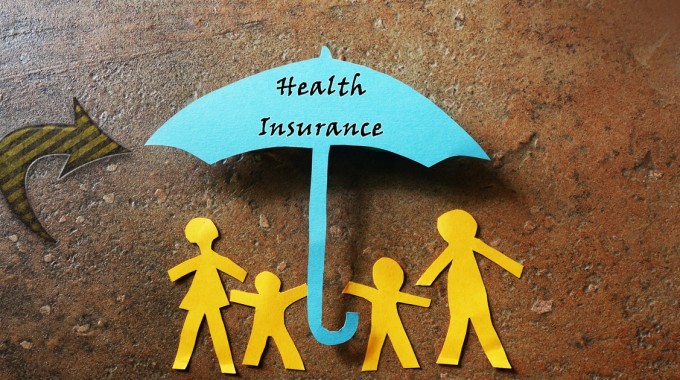The dictionary defines insurance as:
a thing providing protection against a possible eventuality
OR
an arrangement by which a company or the state undertakes to provide a guarantee of compensation for specified loss, damage, illness, or death in return for payment of a specified premium.
If you own or drive a car, chances are you have some type of insurance because this is mandatory in most countries. This is because vehicle accidents can occur at any time. Some people also have life insurance which provides a cushion of sorts for their family members in case of sudden death. So given that a healthy mind and body is the basis for optimal functioning as a human being, it only makes sense that we also have some insurance for our health.
Many young people feel they are healthy enough to skip out on health insurance. Health insurance is not cheap, and it can be tempting to go without coverage, especially if you never get sick. When you rarely see a doctor, and especially if things are tight financially, it may seem like a good idea to cut the health insurance expense completely from your budget.
However, Health Insurance is necessary for every individual, keeping in mind the rising costs of medical care and spurt of lifestyle diseases.
A medical emergency can happen to anyone, anytime and impact an individual emotionally and financially and having health insurance may be the difference between life and death in an emergency situation, especially when you live in a country like Nigeria where most hospitals require some financial commitment prior to commencing treatment.
Here are just a few benefits to consider:
- Health insurance typically covers preventive health services to keep you healthy and screen for potential health issues that could cause problems later on.
- Health insurance typically covers other essential health benefits like emergency services, prescription drugs and maternity care.
- Health insurance can help protect you from high medical costs, whether expected or not, through copayments and coinsurance.
- Sedentary lifestyle has led to increased occurrence of lifestyle disorders involving heart, cancer, lung conditions and stroke, claiming younger lives. It is therefore imperative to insure oneself timely.
For people who travel a lot. A health insurance policy that covers emergency medical evacuation along with access to the best healthcare facilities around the world for some common yet critical diseases therefore makes total sense.
Most health insurance (in Nigeria) is purchased from Health maintenance organizations. And they provide for companies and individuals. If you’re lucky enough to have health insurance provided by your employer, it is still important to review the details in order to know what exactly you are covered for. Many HMOs provide different tiers of insurance coverage ranging from basic to comprehensive. For example, a basic plan may cover only up to a certain number of hospital visits while a comprehensive plan may cover unlimited hospital visits. Also certain specialist hospitals may only be available on a comprehensive package. So it is important to review any plan offered by your employer to be sure the coverage is suited to your needs.
If you are an individual looking to purchase health insurance, It is worth shopping around, speaking to a few providers and checking via comparison sites to see what prices are available to you before making a decision.
A few helpful points to bear in mind when shopping for health insurance:
- Carefully review what services are covered under each package offered.
- Check the list of hospitals covered by the health insurance company to be sure they are up to a standard you are comfortable with.
- Check if the plan or package you are considering entitles you to receive treatment at more than one hospital.
- Check if you will be covered for any pre-existing medical conditions or not.
The coverages you may receive will largely depend on the type of health insurance plan you get and the insurance company you go through. For example, some health insurance plans cover vision and dental care needs, and some don’t.

Additionally, a health insurance plan might not cover health care that the insurer determines isn’t medically necessary. Essentially, that means the service is needed to prevent, diagnose or treat an illness, injury, condition, diseases or their symptoms.
Some examples of services that may not be considered medically necessary include:
- Cosmetic surgery
- Weight-loss surgery
- Acupuncture
- Infertility treatment
- Long-term care
Remember that health is wealth and saving a few Nairas by opting out of health insurance may end up costing even more Nairas in the future.






